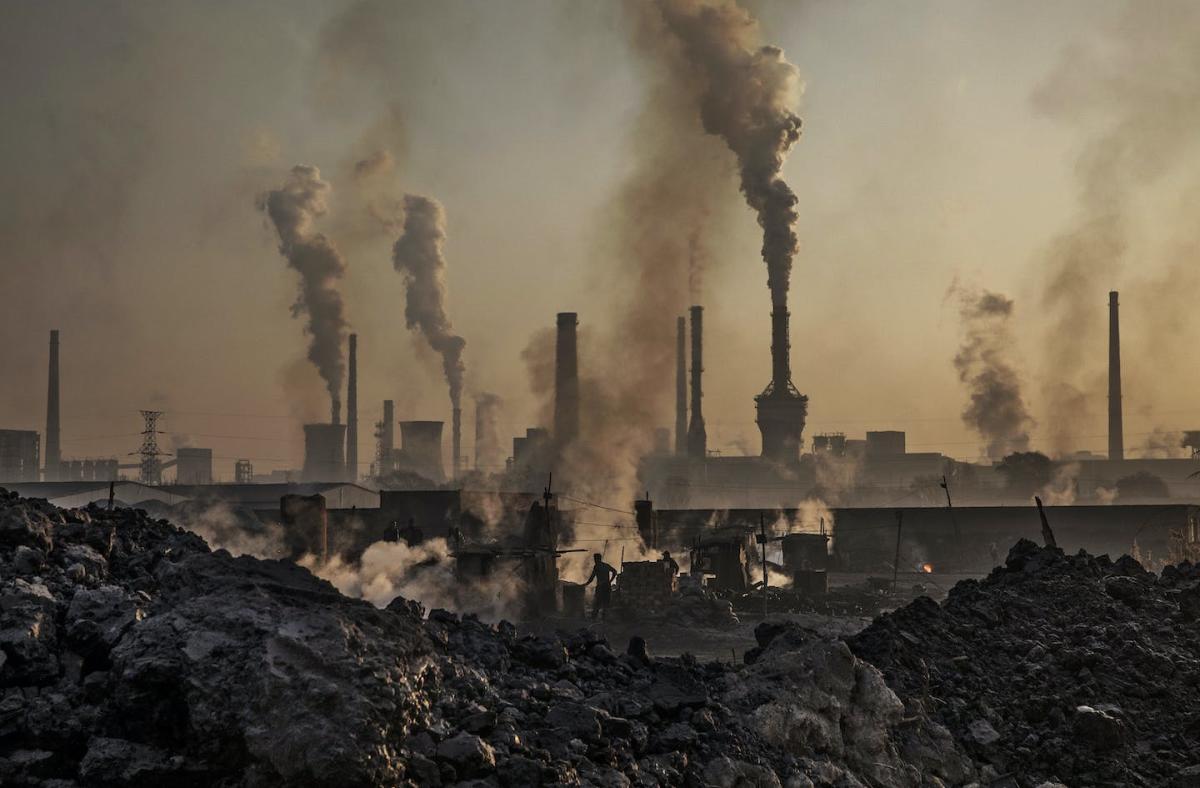As government leaders and climate negotiators gather in Dubai for the COP28 United Nations climate conference, the daunting task of decarbonizing the global industrial sector looms large. The industrial sector accounted for over 30% of total greenhouse gas emissions in recent years, making it the single largest emitting sector when accounting for its electricity use and heat generation.
In order to meet their greenhouse gas emission reduction goals, it is essential for countries to address emissions from carbon-intensive industries such as steel, cement, and chemicals. Despite promising technologies and innovations such as green hydrogen fuel, energy efficiency measures, and carbon capture, these solutions have not been deployed at the speed and scale required to combat global warming.
The global industrial emissions must fall by 25% by 2030 to be on track to reach net-zero emissions by 2050. This steep decline of 3% per year will demand a massive mobilization of money, technology, and political will, which will require significant contributions from developed countries.
While developed countries are taking steps to address industrial decarbonization, efforts must be amplified to support developing countries, which face barriers to adopting low-carbon technologies. There is an urgent need for significant financial investment to accelerate industrial decarbonization in the developing world to help achieve net-zero emissions.
In addition to financing, technology transfer from developed nations to emerging economies will accelerate decarbonization. Building a skilled workforce capable of implementing green technologies is essential for a just and successful transition to net-zero emissions in industrial sectors.
Furthermore, efforts must be made to ensure that a transition to net-zero industries is carried out in a fair and equitable manner. Finally, establishing a new global treaty to coordinate industrial decarbonization, as well as the formation of “climate clubs” could support these efforts to move forward.
It is anticipated that decarbonizing heavy industry could become the next big climate and economic development success story with these measures in place.
This article is republished from The Conversation, a nonprofit, independent news organization providing facts and analysis to help understand the complex world we live in. It was written by Morgan Bazilian, Colorado School of Mines; Benjamin K. Sovacool, University of Sussex, and Steven Griffiths, Khalifa University.


